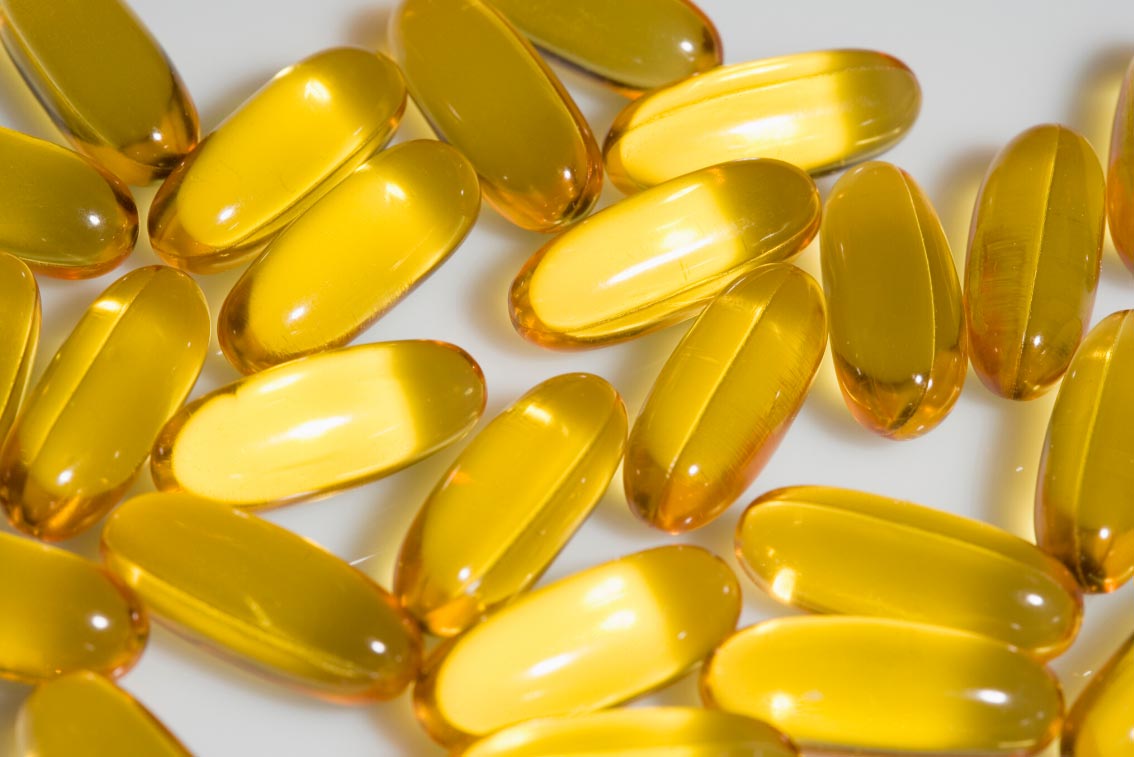
A new study confirms the interest in omega 3
The benefits of polyunsaturated fatty acid intake are well established. If omega 6 intakes are easily provided by a varied and balanced diet, the same is not true for omega 3. A diet low in fatty fish (less than twice a week), low in nuts, has benefits. high chances of having an omega 3 deficiency.
A January 2020 publication, in vivo, investigated the importance of a balanced ratio of omega 3 to 6 as a risk factor for breast cancer in the Polish population.
Breast cancer is a now common disease that is the leading killer of disease in Western women. This study aimed to advance knowledge on certain easily modifiable nutritional and environmental factors, which could be considered preventive factors.
The study was carried out on 201 Polish women, newly diagnosed with cancer (mean age 58) and an equivalent control group of women without the disease. The study was carried out based on in-depth interviews on the characteristics of each person's diet and lipid intake, as well as on a large questionnaire, evaluating various socio-demographic, clinical, lifestyle characteristics, etc.
The results confirmed that when the consumption of polyunsaturated fats was high and regular (+ 10% of energy intake), the risk of developing breast cancer was significantly lower. Low omega 3 intakes, along with scant fish intake, associated with being overweight, have been associated with an increased risk of breast cancer. Women living in rural areas had a significantly higher risk (difficulty in obtaining seafood) than those living in urban areas.
A high intake of polyunsaturated fatty acids, especially omega 3, is essential in preventing the risk of breast cancer. Being overweight is a factor favoring this risk. It is also often correlated with a poor O3 / O6 ratio.
These results support the need for omega 3 supplementation in women with low or irregular fish intake (less than twice a week), or in those who are overweight.
It is important to carefully select the omega 3 provided by supplementation: they must be free of heavy metals, concentrated, present an absence of oxidation, and if possible come from sustainable fishing. To avoid making mistakes, consider selecting high-quality products.

 How to boost your immune system in winter: advice and solutions
How to boost your immune system in winter: advice and solutions
 Discover how we make your supplements - episode 1
Discover how we make your supplements - episode 1
 NEW - Palmitoylethanolamide (PEA)
NEW - Palmitoylethanolamide (PEA)
 WINTER PACK - Change of season
WINTER PACK - Change of season
 Video of the month - Hypercoagulation by Bruno Lacroix - October 2023
Video of the month - Hypercoagulation by Bruno Lacroix - October 2023